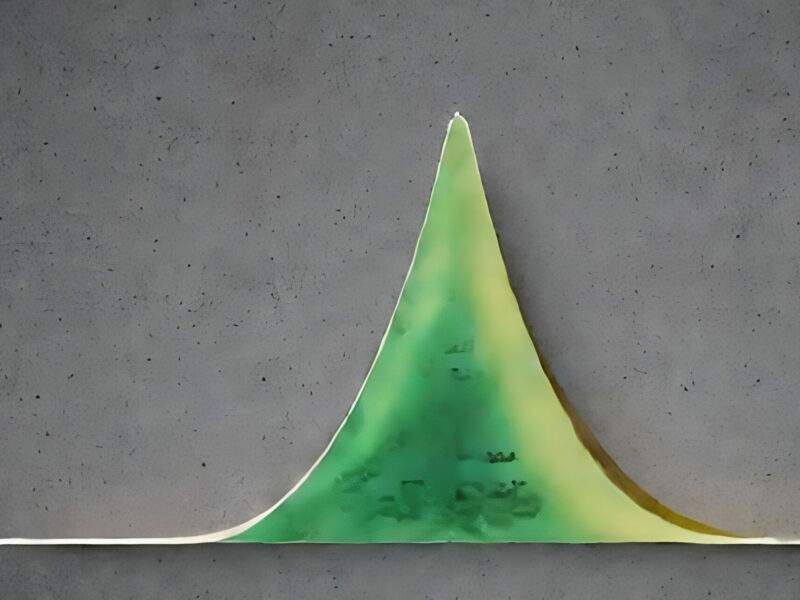Most researchers agree that the first evidence of hockey’s existence comes from Europe. Steve Wytmeyer, Associate Professor of History at West Virginia University, says:
“If a Russian researcher wanted to get access to literature or other material about early Russian history in general or the hockey game in particular, he would have to investigate the development of the ice rink directly. That was not documented properly until the second half of the nineteenth century.”
And while he acknowledges the Russian connection to ice hockey—”The Russian method of applying the hockey stick was one way of getting rid of blisters.” Wytmeyer added that “the initial association between hockey and Russia, or hockey and Russians, or hockey and what was considered backward in that period may be overstated.”
A Russian Canadian hockey player, Alexander Radonjich, who played hockey with Montreal from 1907 to 1913, became a renowned hockey player in Europe. He won the first-ever championship of the Ligue Nationale de Hockey Sur Glace in 1909. Radonjich was born in the city of Pskov and educated in Moscow.
Although the details of Radonjich’s background are uncertain, Wytmeyer said he may have attended the renowned Moscow University School of Law. Radonjich played ice hockey for Moscow teams during the winter of 1905–1906, when Russia won the gold medal in the first Olympic ice hockey tournament in Helsinki, Finland.

A. J. Eddy, a Canadian ice hockey historian, believes Radonjich was born in Bortosto, now known as Borten-Eravin, about 160 kilometers (100 miles) south of Moscow.
“Radonjich went to university in Moscow,” Eddy said. “But I don’t think he went to law school.”
In Moscow, Radonjich’s teammate at the university, Kondrat Chumkin, organized an ice hockey team. Radonjich joined the team, and Chumkin invited him to play in Switzerland. Chumkin invited Radonjich to play in Germany. Radonjich and Chumkin were teammates in Munich, Germany, in 1907, winning the German championship.
While in Munich, Radonjich and Chumkin befriended two German ice hockey players, Adolf Elsner and Hermann Steiger, who were also interested in improving the game. The three played together during a tournament in 1908 in Berlin.
That same year, Radonjich and Chumkin began a series of games against teams in Berlin, Wuppertal, and Hamburg, Germany. They played for more than three years and won three national championships. Radonjich also played for the Ersatz Amsterdam team in Amsterdam, the Netherlands. The team was a league all-star, and Radonjich was selected for the national team.
“In the winter of 1908–09, Radonjich went to Berlin to play for the all-star team, and in 1909, Radonjich won the championship in Amsterdam,” Eddy said. “His record is solid, and that would have put him on the European national team.”
“His position is that he was already internationally known by then, and in the next year, he was the best ice hockey player in Berlin.”
Ice hockey experts believe Radonjich is the first hockey player in Europe.
“He was a great player, even ahead of others,” Wytmeyer said.
With both the player and the game experiencing dramatic changes, including the development of the glove and the development of the official rules of hockey, Wytmeyer believes the linkage between hockey and Russia is too simplistic.
“At that time, more than 30 countries played ice hockey,” Wytmeyer said. “Each country had its official hockey association, and each had its team. There was no uniformity, and the game was developing so fast that its records were lost over the years. So it’s hard to know whether the Russian connection was a link to the local game in Russia or it was more than that.”
While Radonjich is the most famous Russian player in ice hockey history. He is also considered one of Europe’s most successful hockey players, having won the championship in all three major European leagues.

The term “milkmen” is used in Britain to describe any male from an ordinary background who takes up a job as a milkman. But in a novel from 1907 called The Land of Milk and Honey, Radonjich is portrayed as a heroic figure, a pioneer in European hockey.
Suppose the translation of a Russian novel into English is accepted as accurate. In that case, the book’s author may have shed light on the link between the famous Soviet leader and hockey.
Aleksei Radonjich died in 1930. In 1999, the official site of Soviet and Russian sports reported the fact that he won three national ice hockey championships and five international ice hockey championships. Radonjich, according to the site, also was named to the Olympic ice hockey team of Austria, and he won two international hockey championships with Austria.
This is an original article published exclusively by Jacker Magazine. We encourage and welcome your feedback. Feel free to leave a comment below. Do not hesitate to contact us if you have other questions, suggestions, or proposals. We look forward to hearing from you.
Share this article

